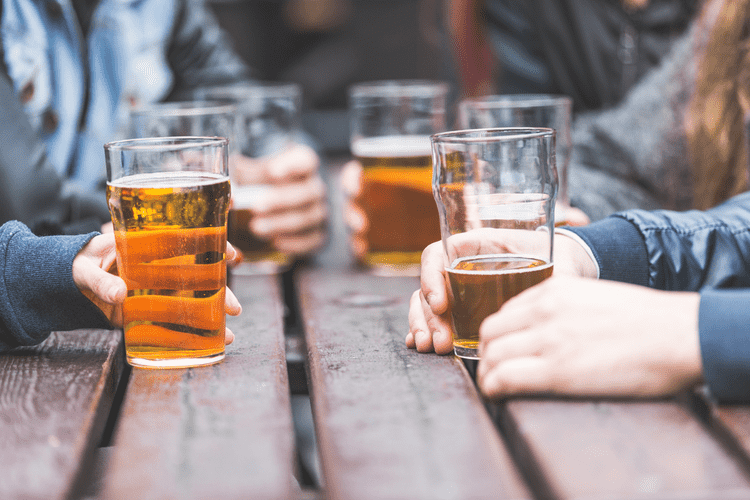Alcoholism Stages From Social Drinking to Addiction
Typically, people in the first stage of alcoholism do not notice the harmful effects of alcohol because they’re not experiencing withdrawal symptoms. They may use alcohol to relieve stress but also enjoy being high or drunk. It is often dangerous and nearly impossible for a person with severe AUD to recover on their own. Alcohol withdrawal syndrome can produce life-threatening symptoms, but safe, medical detox can be done in a treatment facility. Professional, evidence-based treatments for alcohol use disorder are available — you just have to ask for help.
Priory Services

Treatment programs provide coping strategies that help individuals navigate 5 stages of alcoholism triggers and start building healthier routines. The physical need to drink is ultimately what drives the behavioral changes that begin in this stage. During this stage of alcoholism, an individual may begin to drink at socially inappropriate times and locations in order to stave off the unpleasant and even painful symptoms of withdrawal.
What Happens During The Recovery Stage?

It makes going out and drinking seem like a really good time without thinking too much into it. Alcohol alters how the brain functions, so after a while, you may notice changes in a person dealing with alcoholism. A person may become more distant and behave erratically as their use worsens, becoming more unpredictable and hard to control. How much a person’s behavior changes can vary based on how much they are using and their mental state.
Is Alcohol Addiction Considered a Disease?
You can still function well enough, despite your heavy drinking, and you become more and more focused on getting that next drink. Someone who is at the point of end-stage alcoholism needs treatment as soon as possible. If they choose not to address their drinking problem, they’re likely to drink themselves into an alcohol-induced illness, such as cirrhosis or cancer. Signs such as drinking at work, while looking after children or when driving are indicators of this stage. You’ve likely become more irritable, and alcohol may start to affect you differently. You’ll need to drink more to achieve the same effects you used to feel and often pass out from alcohol.
- Thankfully, there are many effective treatments for alcohol addiction.
- Real Recovery is one of Florida’s leading residential addiction treatment providers, dedicated to helping individuals and families achieve lasting sobriety.
- Alcoholism often progresses through predictable stages, from initial experimentation to risky use, dependency, and finally, full-blown addiction.
- When it wears off, that electrical impulse can return and intensify.
- At this stage, you likely are feeling stuck, wanting to change but unsure how.
- Contact us today and speak with one of our trusted recovery advisors.
- It also helps you to avoid the mental and physical health issues that could be coming.
- Individuals may experience severe withdrawal symptoms, including delirium tremens, which can be life-threatening.
- What matters most is how quickly someone seeks support after a setback.
You will drink to reduce the physical symptoms of withdrawal or because you feel anxious when you’re not drinking. Alcoholics Anonymous You could also start to experience more health problems including heart, liver or kidney disease, paranoia, and dementia. The middle stages of alcohol problems represent a critical turning point in the progression of alcohol use disorder.
Stage 1 – pre-alcoholic (binge drinking/social drinking)

Unfortunately, addiction causes more harm in the long term than pleasure in the short term. The recovery and rehabilitation stage involves treatment, therapy, and aftercare programs. Although you may relapse and start drinking again, these programs can help you transition to sobriety much better.

